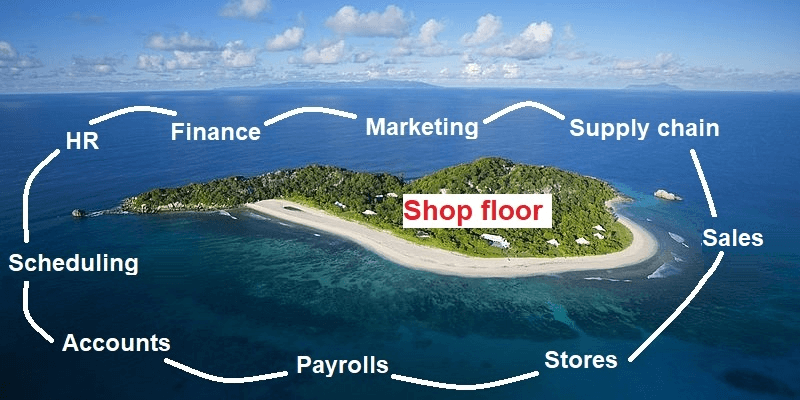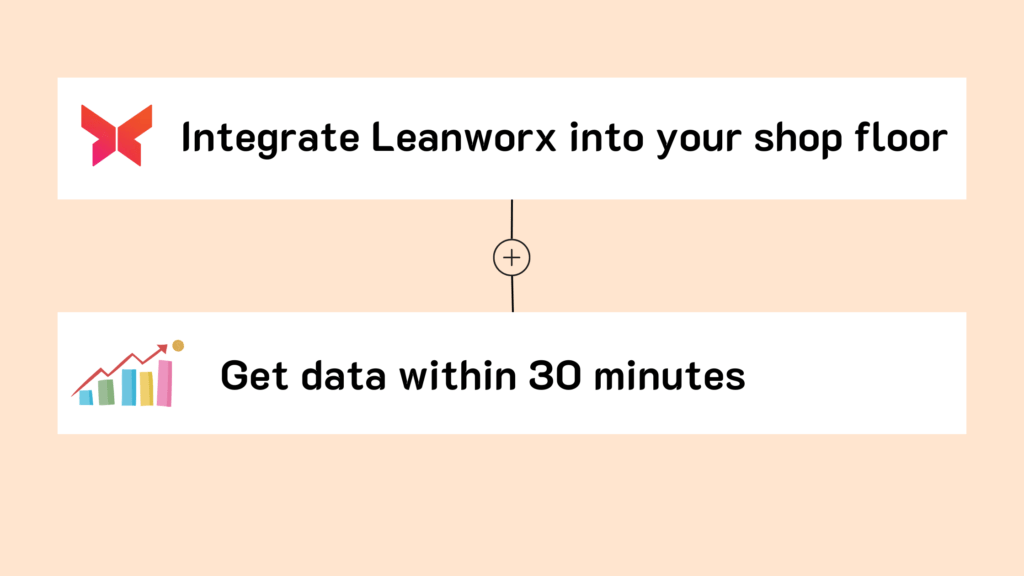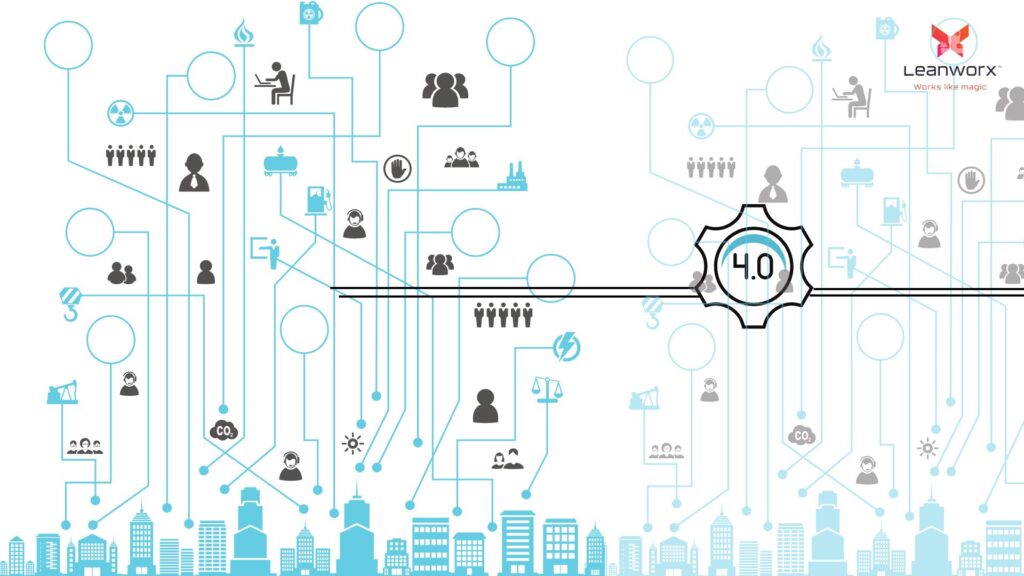- Industry 4 revolution and shop floor IT

Dasarathi G V
Director in Leanworx
Dasarathi has extensive experience in CNC programming, tooling, and managing shop floors. His expertise extends to the architecture, testing, and support of CAD/CAM, DNC, and Industry 4.0 systems.
Try Leanworx for free
Industry 4 revolution and illogical IT spread
In most organizations, the IT network covers all the functions outside the shop floor – Accounts, HR, Stores, Sales, etc. Managers have accurate and up-to-date data on all these functions, and can take quick decisions in these areas. The shop floor, however, is an island in this sea of IT. You’ll find a handful of computers on the shop floor, and dozens of them in the departments supporting the shop floor. This is illogical, and is exactly what the Industry 4 revolution fixes.

The shop floor is where money is actually made, and all other departments exist to support the shop floor. There is a massive investment in machines that produce parts, and we sell these parts to make money for the organization. We need to ensure that this investment in machines is recovered to the fullest extent, by putting in systems to improve efficiency.
Managers need accurate and up-to-date data on what is happening on the shop floor – how many parts have been produced, the efficiency level of each machine, the extent of losses in terms of machine downtime, part rejections, any big problems requiring immediate decisions, etc. None of this is however available. It can only be enabled by extensive use of IT, right upto each individual machine. This is what Industry 4.0 is designed to do. Machines have been around for ages, and so have computers. They have never spoken to each other.
Industry 4.0 connects the office IT to the shop floor and to the machines. Software and hardware that does machine monitoring (or machine monitoring AND control) transmits data to and from machines to central database.
Examples: Supply chain software can reorder raw material and despatch finish goods based on production data from machines, production scheduling software can continuously readjust schedules based on the status on the shop, HR software can pay operators based on their efficiency and their presence or absence at the machine, sales software can determine delivery dates based on live production status.
Simple rule: Money is made on machines, so machines must be an integral part of your IT network.

Keep Learning
Increase your profits automatically. Use Leanworx to get accurate and instant data 24/7.





